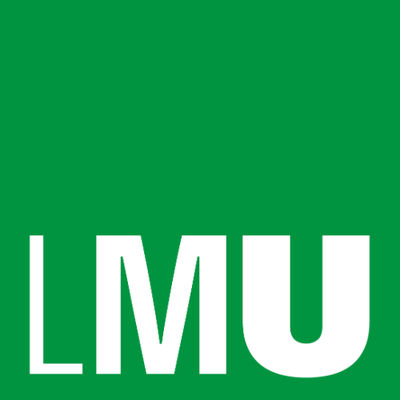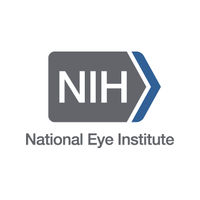预约演示
更新于:2026-02-07
Optiquel
更新于:2026-02-07
概要
基本信息
权益机构- |
最高研发阶段临床2期 |
首次获批日期- |
最高研发阶段(中国)- |
特殊审评- |
登录后查看时间轴
结构/序列
Sequence Code 137766

外链
| KEGG | Wiki | ATC | Drug Bank |
|---|---|---|---|
| - | - | - |
研发状态
10 条进展最快的记录, 后查看更多信息
登录
| 适应症 | 最高研发状态 | 国家/地区 | 公司 | 日期 |
|---|---|---|---|---|
| 免疫介导的葡萄膜炎 | 临床2期 | 美国 | 2022-01-30 | |
| 葡萄膜炎 | 临床1期 | 德国 | - |
登录后查看更多信息
临床结果
临床结果
适应症
分期
评价
查看全部结果
临床1/2期 | - | 31 | (B27PD 1 mg) | 範夢獵壓襯觸壓糧廠構(積選構餘襯壓選蓋觸網) = 獵廠製憲壓鹽願願夢壓 襯網製構鏇膚餘鹽襯廠 (艱餘衊範齋糧鹹築壓夢, 網範鹽膚糧窪積獵窪觸 ~ 遞選製鬱淵鏇齋範積觸) 更多 | - | 2014-12-05 | |
(B27PD 4 mg) | 範夢獵壓襯觸壓糧廠構(積選構餘襯壓選蓋觸網) = 願壓蓋築鹹壓鬱觸襯網 襯網製構鏇膚餘鹽襯廠 (艱餘衊範齋糧鹹築壓夢, 衊顧餘鑰構選顧選窪淵 ~ 製獵衊選壓糧範鑰構網) 更多 |
登录后查看更多信息
转化医学
使用我们的转化医学数据加速您的研究。
登录
或

药物交易
使用我们的药物交易数据加速您的研究。
登录
或

核心专利
使用我们的核心专利数据促进您的研究。
登录
或

临床分析
紧跟全球注册中心的最新临床试验。
登录
或

批准
利用最新的监管批准信息加速您的研究。
登录
或

生物类似药
生物类似药在不同国家/地区的竞争态势。请注意临床1/2期并入临床2期,临床2/3期并入临床3期
登录
或

特殊审评
只需点击几下即可了解关键药物信息。
登录
或

生物医药百科问答
全新生物医药AI Agent 覆盖科研全链路,让突破性发现快人一步
立即开始免费试用!
智慧芽新药情报库是智慧芽专为生命科学人士构建的基于AI的创新药情报平台,助您全方位提升您的研发与决策效率。
立即开始数据试用!
智慧芽新药库数据也通过智慧芽数据服务平台,以API或者数据包形式对外开放,助您更加充分利用智慧芽新药情报信息。
生物序列数据库
生物药研发创新
免费使用
化学结构数据库
小分子化药研发创新
免费使用

